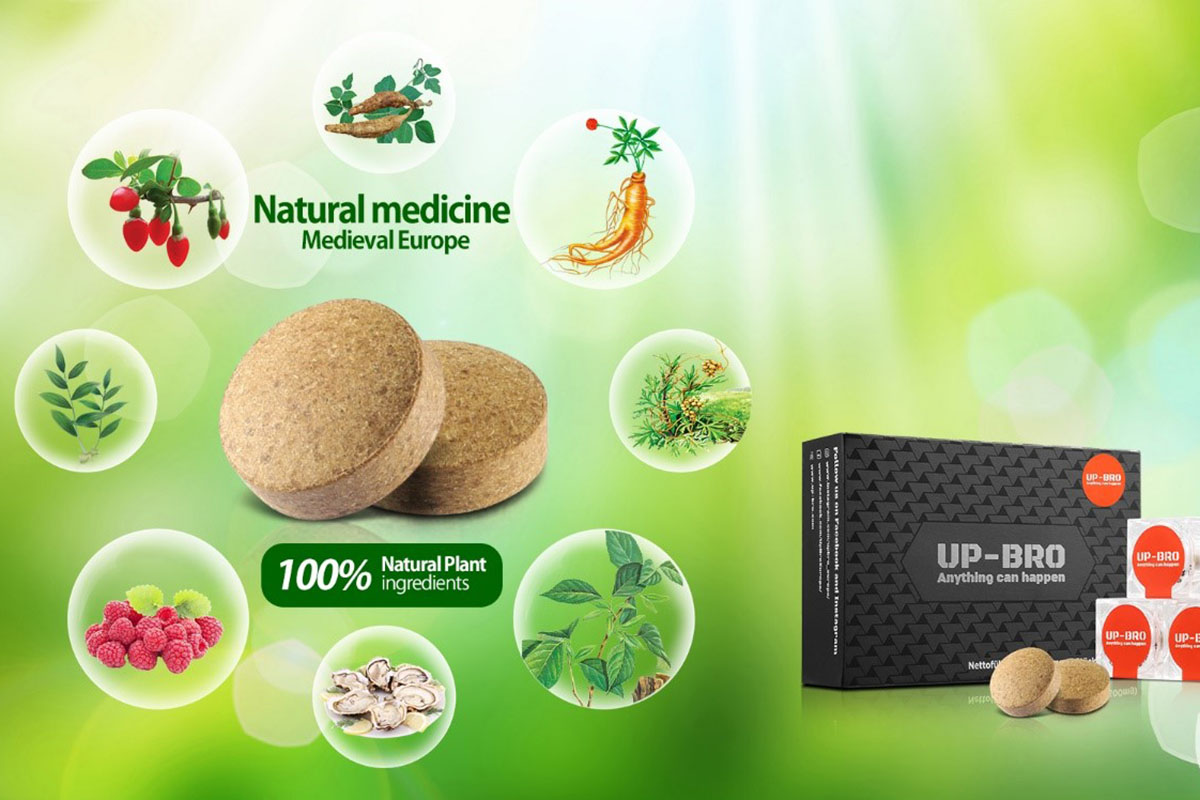The real cause of greasy hair loss

According to modern trichological science, hair loss can be caused by many factors such as: Nutrient imbalances Poor diet Medications Surgery Hormonal imbalances High fever Infections Emotional stress Cosmetic hair treatments and products Menopause Oral Contraceptives (especially after stopping) Post pregnancy Hysterectomy Smoking Excess alcohol intake Food poisoning Excess exposure to irradiation Exposure to insecticides and pesticides Chemicals in the environment and food Inflammatory disorders Liver disease Kidney failure Diabetes Genetic factors DHT causing miniaturization of hair follicles Traditional Chinese Medicine (TCM) agrees with this scientific understanding, but in addition also considers the following to be very important: Internal physiological dysfunction (especially Liver and Kidney TCM functions) Blockage of energy (Qi) flow throughout the body Poor blood circulation in the scalp Lack of nutrition available to the hair follicles Excess oil on the scalp Excess consumpt...






